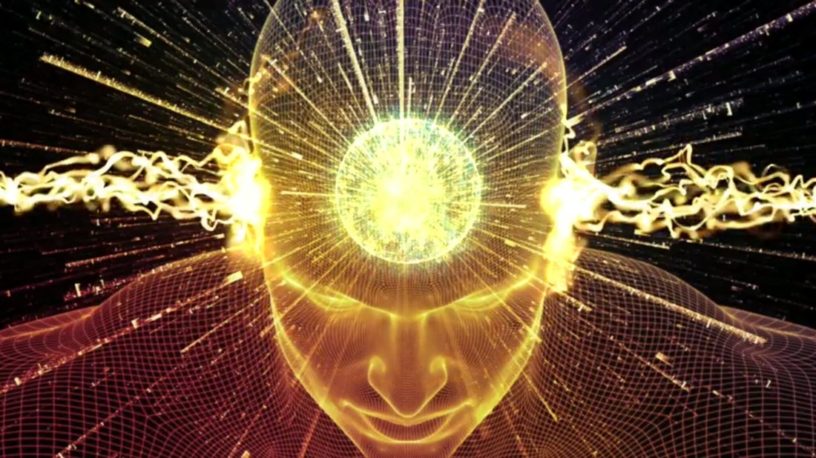From: Understanding Your Mind Series, Pt. Dr. Umesh Persad, Spiritual Leader of SWAHA Gyaan Deepak Kirtan Mandali
Once the Buddha was travelling with his disciples and they stopped at a lake. The Buddha said to one of his disciples, “I am thirsty. Please give me some water from that lake. The disciple walked up to the lake, but, as he reached, a cart moving through the lake churned up the water. The lake was muddied. The disciple thought, “How could I take this muddy water for the Buddha to drink?” He returned to the Buddha and told him, “The water is very muddy. I don’t think it is fit for you to drink.” After a while, the Buddha asked the disciple once more to get him some water. The disciple went to the lake but found that the water was still muddy, so he informed the Buddha. After some time, the Buddha asked the disciple again. This time, the disciple found that the mud had settled and the water was once again clean and clear. He collected some water in a pot and carried it to the Buddha. The Buddha looked at the water, looked at the disciple and said to him, “Do you see what you did to make this water clear? You let it be; the mud settled on its own and the water is clear.”
In this story, the water represents the mind, and the mud, the thoughts. The Buddha teaches his disciple about the nature of the mind. His point is that it is difficult to rule one’s mind, because the more we try, the more it fights us. The nature of the mind is to relive, over and over again, all that we’ve seen and heard throughout life. The problem occurs when we believe these thoughts. Enlightened sages have thoughts, but they do not identify with them.
To elaborate, there is a Zen saying: Thoughts are like guests visiting a house; let them visit, but don’t serve them tea. The guests represent all the thoughts in the mind. We should let them pass through without having any vested interest in them. Sanaatan Dharma teaches that the key is for each of us to realise, I am separate from my mind. By separating the mind from the Self, one can observe the thoughts. While we cannot stop the thoughts, the key is to stop identifying with them. We use our intellect to decide which thoughts to heed and which to ignore. Therefore, our buddhi or power of discernment must be strong.
Once we understand that it is the nature of life to have ups and downs, we can stop taking all our thoughts so seriously and can step back and observe them. Life is God’s leela but we get too invested in it. It is the nature of the mind to be full of desires; it is a rare person who wants absolutely nothing – this is the liberated soul.
The Amrita Bindu Upanishad states:
Mana eva manusyaanaam kaaranam bandha-mokshayoh
Bandhaaya vishayaashaktam muktam nirvishayam smrtam
This means, as the mind, so is the man. The mind is the cause of our bondage and our liberation. When the mind is attached to objects, then it leads to bondage. When we’re focused on the world, such as people, relationships and material things, this leads to our entrapment. Whereas, when the mind withdraws and is freed from these objects, then this is called liberation.



